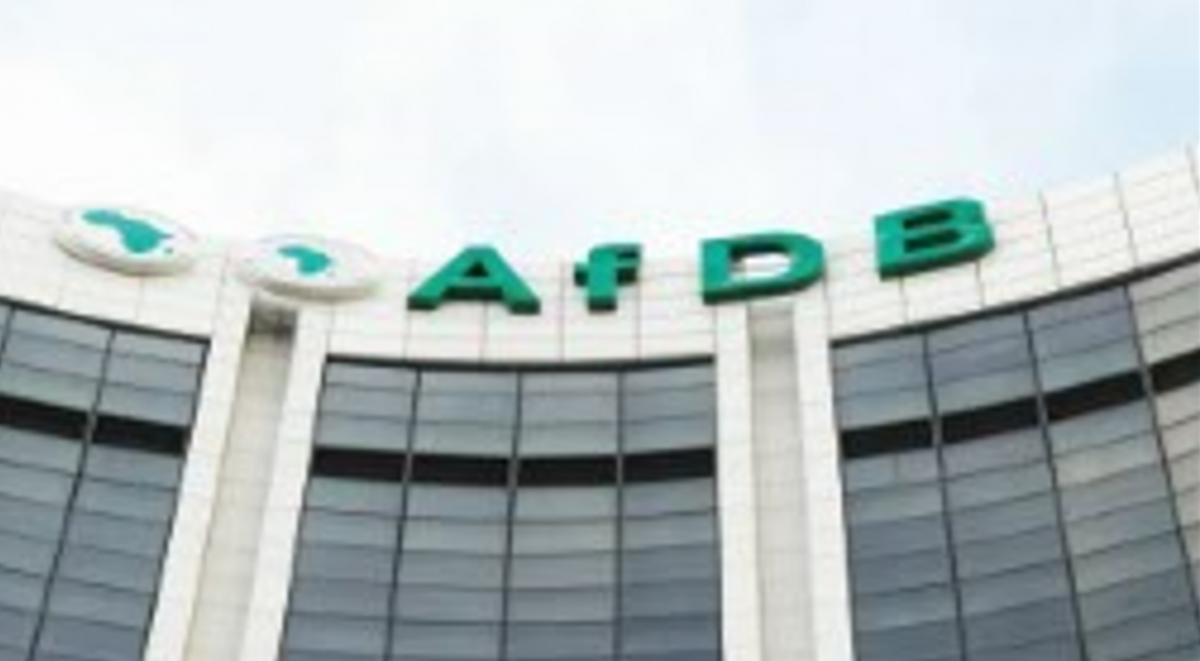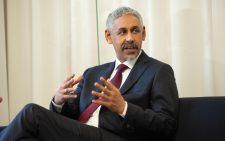Africa grappling with $70b infrastructure deficit, AfDB boss says

The African continent is grappling with an infrastructure deficit estimated at between $70 billion and $100 billion, according to the African Development Bank (AfDB) projections.
This deficit, The AfDB Secretary General Vincent Nmehielle (pictured), said encompasses various sectors including energy, water, road, rail, ports, and digital infrastructure.
According to Nmehielle this has significantly impacted the development of high-value goods, as it affects production and manufacturing, supply chain efficiency, market access, and investment attraction. He said inadequate infrastructure also leads to increased production costs, supply chain delays, hindered access to international markets, and deterred investment.
Attracting investment
“Therefore, addressing this infrastructure deficit is crucial for enhancing production efficiency, improving market access, attracting investment, and ultimately, spurring economic growth and job creation in Africa,” Nmehielle said. He was speaking yesterday, during a business breakfast hosted by Brand South Africa and the South African Chapter of the Brazil, Russia, India Chinaand South Africa (BRICS) Business Council. The breakfast took place on the sidelines of the AfDB Annual Assemblies, taking place in Nairobi this week.
According to Busi Mabuza, the Chairperson of South African BRICS Business Council, the BRICS plus provides a platform to explore and capitalize on the available opportunities for the continent.
“These countries are emerging economies with a growing middle class and a substantial consumer market. Expanding into these markets can lead to growth opportunities for the continent,” Mabuza said.
She said some of the immediate benefits for Africa include improving the trade patterns across new BRICS plus members through enhanced bilateral investment agreements, balancing of trade and exploring the value chain opportunities in line with AfCfTA’s private sector strategy.
The discussion set out to explore trade and investment opportunities for Africa, presented by the expansion of BRICS to include five new countries. As of January this year Egypt, Ethiopia, Iran, Saudi Arabia, and the United Arab Emirates joined the emerging markets economic bloc.
Speakers emphasized the need for African countries need to trade in value-added and intermediate goods with each other and the rest of the world in order to address the continent’s developmental challenge, noting that platforms like AfCFTA must also be used to strengthen value chains across various sectors.
Stavros Nicolau, a representative of the BRICS Business Council in South Africa, highlighted that the growth of BRICS offers potential opportunities for Africa.
He pointed out that Africa is currently facing a trade deficit with both the original and new BRICS nations, particularly China. To address this deficit, Nicolau emphasized the need for African nations to enhance the value of their raw material exports and traded goods, both within the continent and globally.
Mninwa Mahlangu, South Africa’s High Commissioner to Kenya, emphasized the need for infrastructure improvements and a review of Africa’s trade agreements for the effective implementation of the AfCTA. He highlighted beneficiation, the transformation of raw minerals into finished goods, as a key driver of economic integration.
On her part, Josephine Tsele, the Chief Risk Officer at the Industrial Development Corporation (IDC), acknowledged the improving operating environment in Africa. However, she stressed that organizations like the IDC still have a crucial role in mitigating risks associated with infrastructure and industrial projects.
According to Mpumi Mabuza, the Acting Chief Marketing Officer for Brand South Africa, asserted that South Africa, with its large industrial base and capabilities in advanced manufacturing, automotive, and supporting network industries, is well-positioned to assist Africa in exporting higher value manufactured goods















